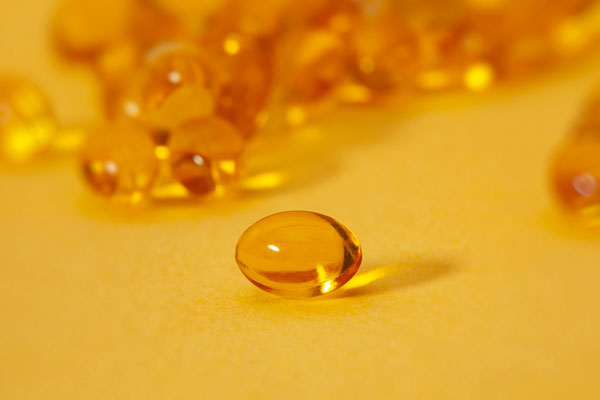by Geraldine Shu, for The North American Post
Since the beginning of the pandemic, there have been occasional suggestions to take vitamin D to combat respiratory infections such as COVID-19. Lately, those recommendations have become more frequent. Dr. Anthony Fauci, Director of the Institute of Allergy & Infectious Diseases, recommends both vitamins C and D. University of Chicago Medicine has shown a link between vitamin D deficiency and susceptibility to COVID-19. Dr. David Meltzer, lead author of the study, says vitamin D is important for immune system functioning and has previously been shown to lower the risk of viral respiratory tract infections. Adequate sleep and exercise are also strongly encouraged to promote a healthy immune system.
An in-depth medical school lecture on YouTube by Dr. Mobeen Syed stresses how crucial vitamin D is to reduce risk of the virus. A study from Reina Sofia University Hospital in Cordoba, Spain, followed 76 patients who were concurrently hospitalized with confirmed acute COVID-19 infections. Fifty patients received high dose vitamin D and 26 did not. Of the 50 vitamin D patients, only one ended up in ICU and none died. Of the 26 non-vitamin D patients, thirteen ended up in ICU and two died. Although the risk factors were not exactly the same in the two groups, the take-home message is that high doses of vitamin D can significantly reduce the risk factors for patients.
Vitamin D3 is synthesized in the skin when exposed to the sun’s UVB rays, the ultraviolet rays that cause sunburn. It can also be obtained from supplements and food. The recommended dose is somewhere between 1000 IU-5000 IU per day. Levels greater than 40,000 IU/day for 12 weeks or more can be toxic. It should be taken with meals and with calcium and vitamin K to facilitate its effects. Vitamin D may, however, interfere with melatonin naturally produced in the body (and consequently sleep) so avoid it late in the day.
Physiologically, vitamin D3’s primary role is to maintain levels of calcium, magnesium, and phosphate. Vitamin D helps maintain tight junctions in the epithelial (outer) barrier of our airways. It induces infected cells to kill themselves, by a process called autophagy, and produces proteins called defensins that poke holes in pathogens. Furthermore, it can control an overactive immune system, often referred to as “cytokine storms,” by regulating the release of inflammatory products called cytokines and chemokines.
Of the worldwide population, 7% experience a severe vitamin D deficiency and 40% have a modest deficiency. Forty-two percent of Americans are deficient. It can be caused by poor nutrition, obesity, age (over 65), and decreased exposure to sunlight. African Americans and Hispanics tend to be more deficient than other ethnicities.
In the absence of a vaccine, vitamin D may be a compelling defense for protection against COVID-19 infection–in addition to social distancing and wearing masks, of course. Please share this information with your friends and family.







